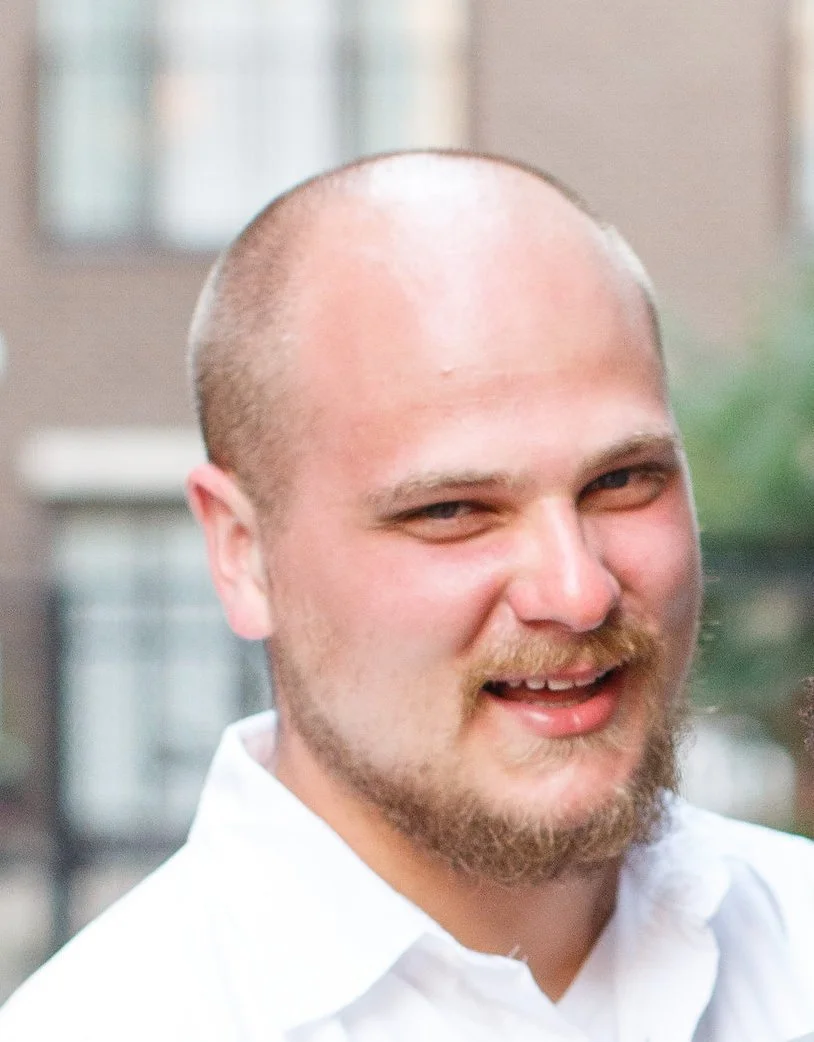Building Bridges: ENRRICH's First Research Conference and the Rise of Autism Research in Manitoba
The ENRRICH theme has spent the past five years assembling a robust network of researchers, support staff, trainees, and patient and family partners. With world-renowned scientists delving into all aspects of neurodevelopment and rehabilitation, ENRRICH has been at the forefront of research in these important topic areas. As a researcher who has operated my lab for just over two years, I’ve already benefited from Catalyst grants and summer student funding opportunities through ENRRICH, making it a cornerstone of success for many early-career researchers like myself.
My research focuses on neurodevelopment, and through ENRRICH, I connected with colleagues such as Drs. Florencia Ricci, Henry Dunn, Sandra Marles, and Robert Beattie, all of whom share an interest in autism and related neurodevelopmental conditions. These interactions revealed a growing interest in autism research at the University of Manitoba and a desire among researchers to collaborate and share their work.
In the summer of 2024, I stumbled upon a grant opportunity from Research Manitoba called Research Connections. This grant aimed to partially fund events that bring researchers together to share ideas and research findings, provided we secured matching funds. After discussing the idea with ENRRICH co-leads Drs. Kelly Russell and Kristy Wittmeier, we recognized an opportunity to showcase Manitoba’s growing and productive autism research community while celebrating ENRRICH’s achievements over the past five years.
Winning the grant was just the beginning. With only six weeks to organize, we formed a dedicated committee that included Drs. Ricci, Dunn, Marles, ENRRICH research coordinator Sharifat Makinde, and student member Yina Her. Together, we successfully organized a half-day event featuring knowledge translation sessions, trainee poster presentations, research talks, and a keynote address.
The event began with an inspiring overview of ENRRICH’s progress by Drs. Wittmeier and Russell, followed by a heartfelt presentation from ENRRICH Parent Partner Lead Carrie Costello, and Becky Conia, a parent of a neurodivergent teen. Their session emphasized the importance of thoughtful language when engaging with families and youth.
A highlight of the day was the trainee-focused poster session, where 25 posters were presented, with six trainees given the chance to pitch their research in short presentations. The research talks that followed were equally engaging, with Dr. Cheryl Glazebrook exploring movement changes in autism, Dr. Henry Dunn discussing neuron communication in a rare neurodevelopmental disorder, Dr. Florencia Ricci examining autism’s links to immigration, and Dr. Kelly Russell leveraging Manitoba’s health policy data for research on childhood concussions. The event concluded with a keynote by Dr. Lonnie Zwaigenbaum, Director of the Autism Research Centre in Alberta, who shared groundbreaking insights into the early features of autism and their implications for diagnosis and assessment.
It is our hope that the ENRRICH research day proves to have been a pivotal moment for autism research in Manitoba, through fostering connections among researchers, clinicians, trainees, and patient-families. The event showcased the breadth of expertise and collaborative potential within the province, reinforcing ENRRICH’s mission to connect basic and clinical science. The overwhelmingly positive feedback we received, particularly on the event’s focus on language and community engagement, inspires us to plan future research days that build on this success. Lines of conversation were opened that day, that we are excited to continue to build on.
We extend our heartfelt gratitude to ENRRICH (CHRIM) and Research Manitoba for making this event possible. Together, we are building a stronger, more connected autism research network in Manitoba, paving the way for meaningful advancements in neurodevelopment and rehabilitation research.
Published February 3, 2025
About the author
Dr. Paul Marcogliese completed his Ph.D. in Neuroscience at the University of Ottawa where he studied mouse, fly, and cell models of Parkinson’s disease. He conducted his postdoctoral training at Baylor College of Medicine in Houston, Texas. There, he used multiple strategies, including humanization, in fruit flies to diagnosis, understand, and identify candidate therapeutics for novel rare neurodevelopmental disorders. Dr. Marcogliese is now leading his own research group as Assistant Professor in the Biochemistry & Medical Genetics Department at the University of Manitoba. The Marcogliese lab continues to used flies to assess human disease variants, develop disease models, uncover conserved neurobiology, and identify drug targets for pediatric neurological disorders.

